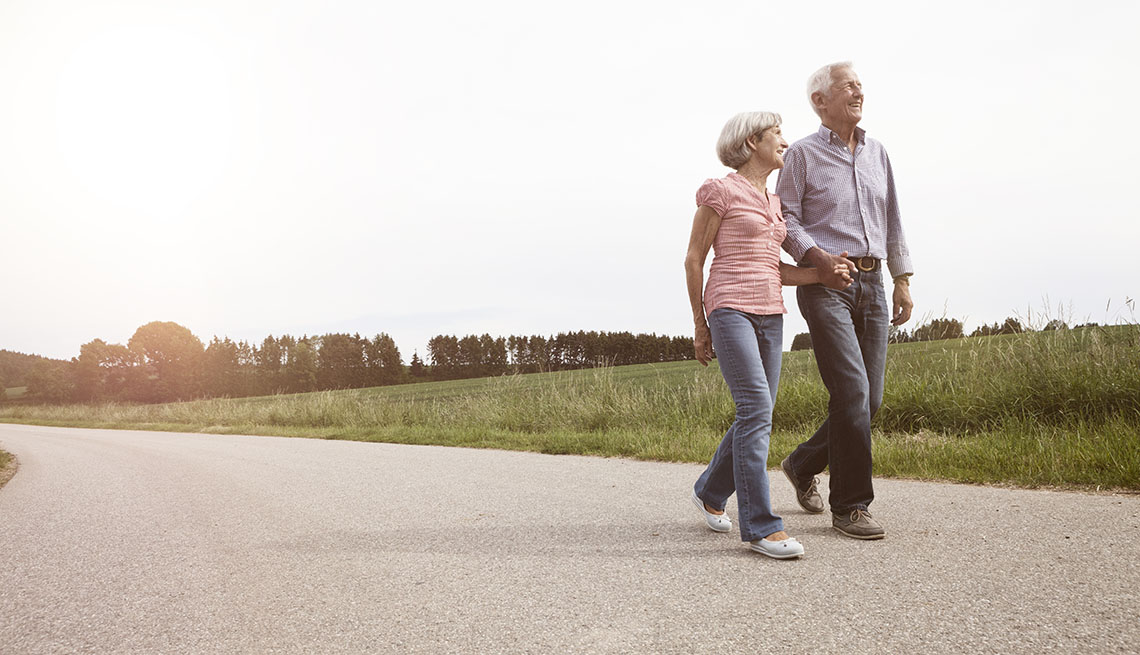Play all audios:
Don’t be shy when it comes to seeking help, he advises. “There is a stigma for the patients psychologically,” Atanelov says. “They do not want to face the reality they actually have trouble
with their balance. ... They’re scared: ‘Now my kids are going to think I’m old, or they’re going to put me in a nursing home, or make me get a walker.’” A physiatrist is the first place to
turn to evaluate gait and design a program to help you improve, Vincent and Atanelov say. If you’re not sure where to find one, tell your primary care physician you are noticing a decline,
and ask for a referral. During an evaluation, a physiatrist will observe your walking pattern, including your speed, the length and width of your stride, and how you transfer weight between
your legs. They also will check your balance, ask you to rise up from a chair, walk up and down stairs, or observe how you can step over small obstacles. If you’re not observing gait issues
yet, or you’re in your 50s, now is the time to try to slow the decline, say Atanelov and Vincent. Maintain a good weight and level of fitness, keep your blood sugar in check if you have
diabetes, and have your eyes checked yearly. Improve lighting in your house and remove things you could trip over. Wear shoes with good traction and support. Have your hearing checked if you
are noticing issues, and take care of medical concerns promptly. The good news, Vincent says, is that it’s never too late to make improvements. In fact, a study of frail nursing home
residents up to age 96 found that a program of high-resistance weight training helped improve average gait speed by 48 percent in just eight weeks. In a recent community talk, Vincent said,
“Grandma needs a treadmill, not a rocking chair. We need her to keep moving, so that she doesn’t decline.” “The body is a wonderfully resilient and adaptive mechanism that responds to the
activity and the stress,” he says. “Yes, it might be a little bit achy at first if you’re moving and you hadn’t been, and yes, it will take time to adapt. ... But it will adapt. You’re never
too old.” _Karen Blum is a contributing writer and award-winning health and science reporter in the Baltimore area. Her work has appeared in the _Baltimore Sun_ and numerous magazines for
physicians and other allied health professionals._

